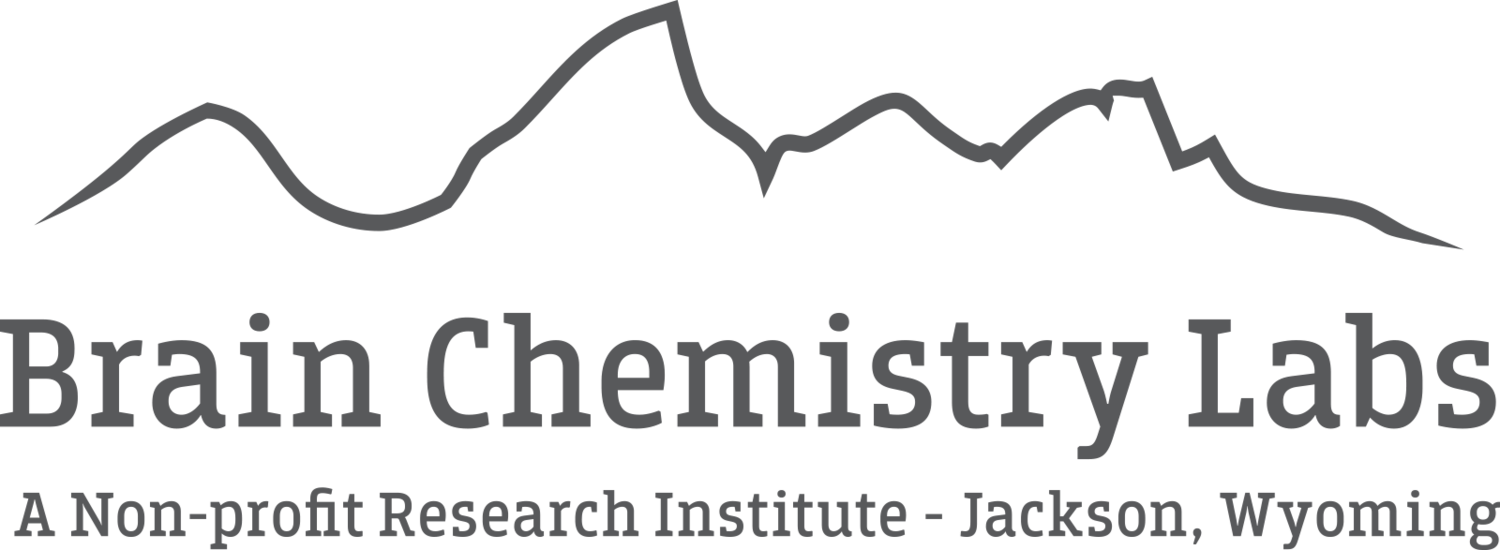Dr. Rachael Dunlop runs our qPCR for microRNA disease diagnostics.
Our discoveries of blood diagnostic tests for ALS (based on microRNA) and Alzheimer’s disease (based on a unique metabolite) have now been published in prestigious scientific journals.
We are busily engaged in the painstaking process of validating these tests, using samples from the Centers for Disease Control for ALS, and previous samples from our Phase II early-stage Alzheimer’s trial.
We seek a pharmaceutical partner to commercialize these blood diagnostics so they can be made available to the public.
Our mission is to rapidly improve patient outcomes for serious brain diseases and thus, we want these diagnostic tests in the hands of neurologists as soon as possible.



